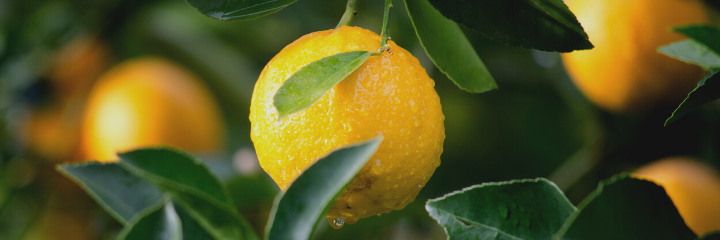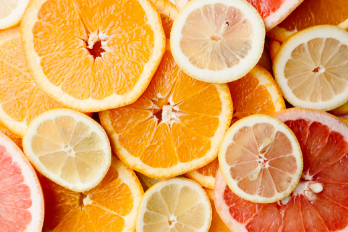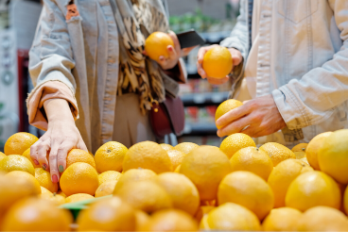Healthy Production in Isotlar Tarım with Global GAP Certificate!
Haziran 16, 2020 - Sal

It has become crucial for consumers to reassure that the food products they purchase are safely produced in terms of their environmental impact and the health, safety and welfare of workers and animals. Since it is an extremely complex initiative to verify such efforts on an individual and business basis, third-party certification programs are available. In this context, one of the most recognized initiatives in the international arena is GlobalGAP, a non-governmental organization that sets voluntary standards for the certification of agricultural products worldwide. Isotlar Tarım, which complies with safe and sustainable agriculture standards, has been awarded the Global GAP Certificate.
What is GlobalGAP?
The name of GlobalGAP was not known by this name until 2007, it was first referred to as EUREPGAP in 1997. The initiative, founded by a group of European retailers, aimed to address consumer concerns by developing an independent certification system for Good Agricultural Practices (GAP), harmonizing its standards and procedures.
Today, GlobalGAP offers 16 standards in crop, livestock and aquaculture. It estimates that over 160,000 primary manufacturers in more than 120 countries are covered by the GlobalGAP certification. Indeed, many retailers around the world are requesting a valid GlobalGAP certification by their agricultural, horticultural and aquaculture suppliers before including their products in their stores.
GlobalGAP Practices
By harmonizing global agricultural standards, GLOBALGAP promotes sustainable agriculture and minimization of the use of agricultural chemicals to benefit farmers, retailers and consumers.
To meet compliance requirements and provide greater productivity in production, improve business performance and reduce wastage of vital resources, the GlobalGAP certification can include:
- Food safety and traceability,
- Environment (including biodiversity),
- Occupational health, safety and welfare,
- Animal welfare,
- Integrated Plant Management (ICM), Integrated Pest Control (IPC),
- Quality Management System (QMS) and Hazard Analysis and Critical Control Points (HACCP).
- Adding value to your products by following a globally recognized standard,
- Facilitate access to new local and global customers, markets, suppliers, and retailers,
- To reduce your exposure to food safety and product safety reputation risks,
- Increasing the efficiency of farm processes and management,
- Promoting environmentally sustainable agricultural practices.


